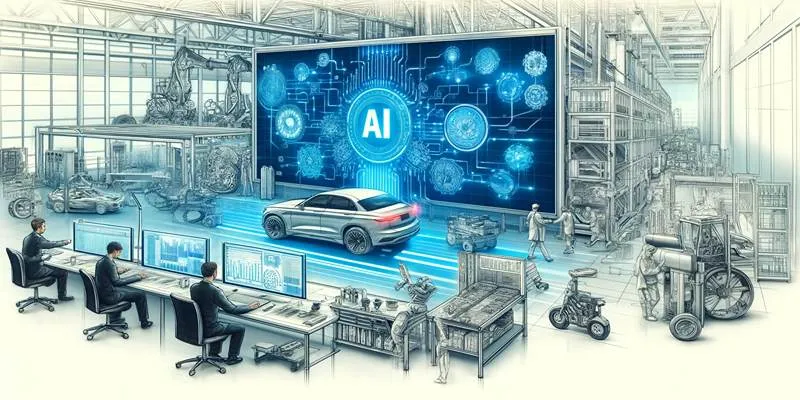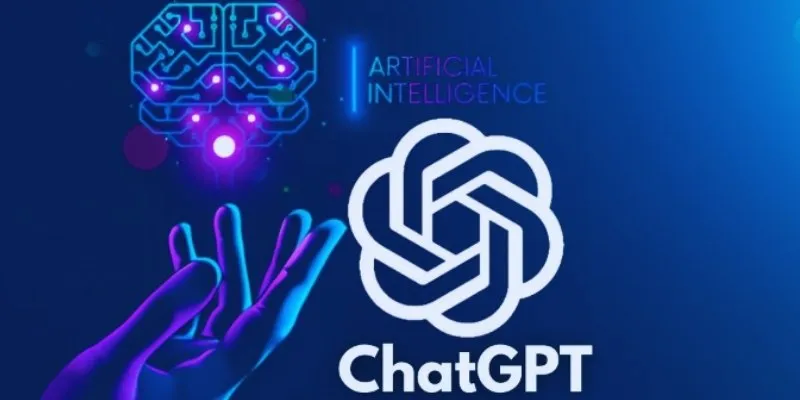Technology is rapidly transforming our world, including how we manage our finances. From mobile banking to stock trading, artificial intelligence (AI) is becoming an integral part of our daily financial lives. However, as AI becomes increasingly sophisticated, a pressing question arises: Will AI replace finance jobs? Let’s explore what AI can achieve, its impact on finance professionals, and what the future might hold.
What Can AI Do in Finance?
AI is already revolutionizing various areas of finance. It enables companies to operate more efficiently, make informed decisions, and minimize errors. Key tasks that AI excels in include:
- Data analysis – AI can swiftly process vast amounts of data.
- Fraud detection – It identifies unusual activities faster than humans.
- Customer service – Chatbots handle common banking inquiries.
- Algorithmic trading – AI buys or sells stocks based on data patterns.
- Credit scoring – It evaluates loan applicants using more comprehensive data than traditional methods.
These tasks, once time-consuming for humans, are now completed by AI in seconds.
Which Finance Jobs Are Most at Risk?
Not all finance roles face the same risk of automation. Jobs involving structured data and repetitive processes are more susceptible to being replaced or transformed by AI.
Finance Jobs with Higher Automation Risk:
- Data entry clerks : Routine financial record entry can be fully automated.
- Payroll administrators : AI systems manage payroll calculations and disbursements.
- Loan processors : Algorithms increasingly make lending decisions.
- Accounts payable/receivable clerks : Machines handle invoice processing and payment tracking.
- Junior analysts : Basic financial modeling and forecasting are managed by AI tools.
These positions often involve predictable tasks that AI performs faster and with fewer errors.
Roles Less Likely to Be Replaced by AI

Despite AI’s advanced capabilities , several finance roles require human judgment, emotional intelligence, and ethical considerations, making them challenging for machines to replicate.
Finance Jobs Likely to Remain Relevant:
- Financial advisors : Clients prefer human guidance for complex financial planning.
- Risk managers : Risk management involves interpretation, foresight, and contextual awareness.
- Compliance officers : Navigating regulations requires more than just reading rules.
- Investment strategists : Long-term planning demands creativity and market intuition.
- Controllers and CFOs : Leadership roles necessitate people management and strategic thinking.
While AI may assist in these roles, it is unlikely to replace them entirely. Instead, it can enhance decision-making by providing better insights and faster analysis.
The Human Element Still Matters
AI systems are powerful, but they lack emotional intelligence, ethical reasoning, and a deep understanding of context. Finance involves more than just numbers—it includes personal goals, trust, and high-stakes decision- making.
Human finance professionals remain essential for tasks such as:
- Interpreting client emotions and tailoring advice accordingly
- Making ethical judgments when data is insufficient
- Handling unstructured problems or unique cases
- Building long-term relationships with clients and stakeholders
While machines can boost productivity, they cannot replace human understanding.
Adapting to the New Finance Landscape
Finance professionals can thrive alongside AI by adapting, learning, and evolving with the technology.
How Finance Professionals Can Stay Relevant:
- Upskilling in data and technology : Mastering financial software, AI tools, and data analytics platforms.
- Enhancing soft skills : Communication, empathy, negotiation, and leadership are increasingly valuable.
- Understanding AI limitations : Recognizing where AI ends and human thinking begins is crucial.
- Shifting to advisory roles : As AI handles calculations, finance professionals can focus on strategic advice.
- Engaging in continuous learning : Regular training in emerging tech, compliance, and business strategy is vital.
Those who embrace AI—rather than ignore it—will find more opportunities than ever before.
A Balanced Future: AI and Humans Working Together
AI is not here to eliminate finance jobs but to transform how they’re performed. Most experts agree that AI will not fully replace human workers in finance. Instead, it will serve as a powerful assistant.
The Future Finance Team May Look Like This:
- AI managing data-intensive tasks, such as trend analysis and real-time reporting
- Humans focusing on strategy, communication, and oversight
- Blended roles, like AI-augmented financial advisors or data-driven risk consultants
- Creation of new positions, such as AI compliance analysts or digital finance strategists
Organizations will seek finance professionals who can interpret data, manage AI tools, and maintain the human connection clients rely on.
What Makes AI So Powerful in Finance?

AI offers several advantages that make it appealing for finance-related tasks:
- Speed: AI can review thousands of transactions in seconds.
- Accuracy: It reduces human errors in calculations and reporting.
- Scalability: AI tools can handle more tasks without additional costs.
- Cost-efficiency: Fewer people are needed to accomplish the same amount of work.
Due to these advantages, many finance companies are investing in AI tools.
Conclusion
The rise of AI in banking is undeniable, and its impact is growing. This trend is particularly evident in roles that involve repetitive, rule-based tasks. However, new opportunities will arise that require a blend of financial knowledge, technological skills, and human understanding. Finance professionals who remain curious, eager to learn, and open to change will not only survive but thrive in this evolving landscape. The future of banking is not a battle between machines and humans but a collaboration, delivering better, faster, and smarter services through the synergy of both.
 zfn9
zfn9























